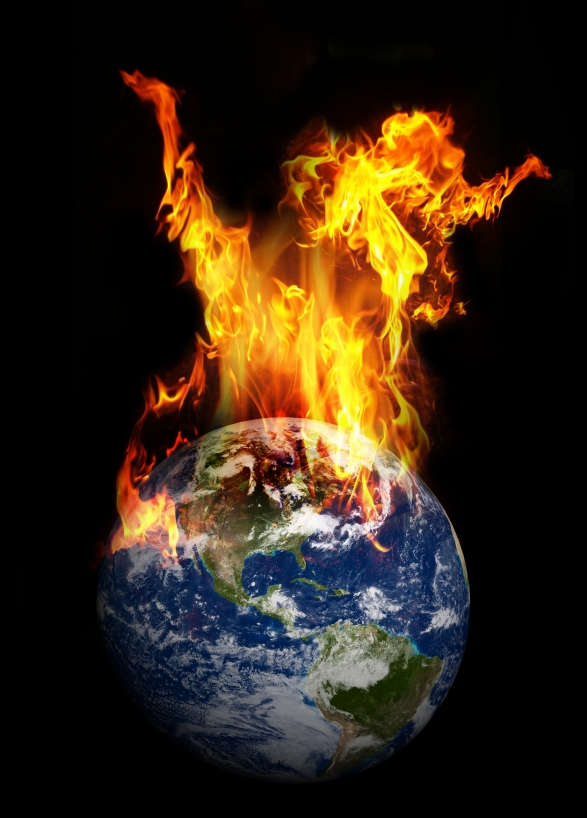Ideally, both sides will agree that this is a bad situation.Suppose you believe, as I do, in basic conservative principles (free enterprise and a market economy, limited government, and minimal change in established institutions that work well), but also acknowledge that anthropogenic climate change presents a sufficient danger that something needs to be done about it. The risk is that even as little as 2 degrees C (3.6 degrees F) of warming might push one of a number of different Earth systems past a tipping point that is both catastrophic and irreversible. In other words, the problem is one of risk management, in which prudence calls for taking action before it is too late to make a mid-course correction. What would be a conservative response to this threat?
It is unfortunate that the climate issue has been co-opted by liberals, because conservative policy prescriptions would not be the same as those that have been put forward by the Democrats and their allies among the environmental groups. The Waxman-Markey cap-and-trade bill that passed the House in 2010 (then died in the Senate) was a 1,400-page monstrosity; it catered to special interests, placed undue burdens on p... Read more
